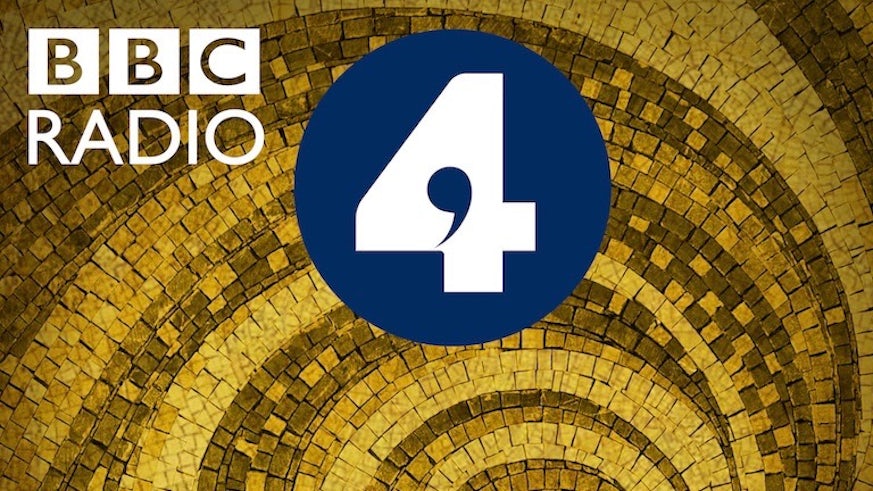The Battle of Salamis: a turning point for Western civilization?
16 March 2017

Cardiff University historian joins In Our Time discussion on battle between ancient Greece and Persia
Professor of Ancient History Lloyd Llewellyn Jones joins a distinguished panel to discuss a key point in human history on the iconic Radio Four series.
Prior to the Battle of Salamis in 480BC, the second Persian invasion of Greece had seen convincing wins for the Persians at the battles of Thermopylae and Artemisium, with advances into Boetia and Attica. Arguably one of the most significant battles in human history, the naval battle would became a turning point as the depleted alliance of Greek city states Greek finally outsmarted King Xerxes.

With its diminished fleet withdrawn to the nearby island of Salamis, the outnumbered Greeks prepared to defend the Isthmus of Corinth. In a key intervention to defend the Peloponnese, Athenian politician and general Thermistocles convinced the allies to engage the invaders once more, employing subterfuge to misinform the enemy.
Assured of their advantage, the Persian navy rowed into the Straits of Salamis, aspiring to block both entrances to the Straits. However, the cramped conditions thwarted their plans. As Persian ships struggled to manoeuvre, the Greek fleet formed in line to score a decisive victory.
Within a year, the battles of Plataea and Mycale (479BC) put an end to any Persian attempt to conquer the Greek mainland forever. While these historic battles have claimed their rightful place in history, the debate about how a different outcome at the little known Battle of Salamis might have changed the course of history remains.
Professor Llewellyn Jones adds: “In many respects, for Xerxes the Greek campaign was mission accomplished. He succeeded in his objective of sacking Athens and bringing the Athenians low. Yet it cannot be denied that the subsequent defeat of the Persian navy at Salamis, even if it was not a matter of overarching concern for the Persian empire which continued to flourish for 150 years, was a turning point in the Greek conception of 'self' and the beginning of the Greek ideology of freedom.”
Professor Lloyd Llewellyn Jones joins Dr Lindsay Allen (King’s College London) and Professor Paul Cartledge (Cambridge) in conversation with presenter Melvyn Bragg.
One of the few world experts on pre-Islamic Iran, Professor Llewellyn-Jones is particularly interested in ancient Persian history and culture, the interaction of east-west in antiquity and the ancient Near East. His recent books include King and Court in Ancient Persia 559-331 and Ctesias' History of Persia: Tales of the Orient.
The Battle of Salamis features on BBC Radio Four’s In Our Time on 23 March (09:00, repeated 21:00).
